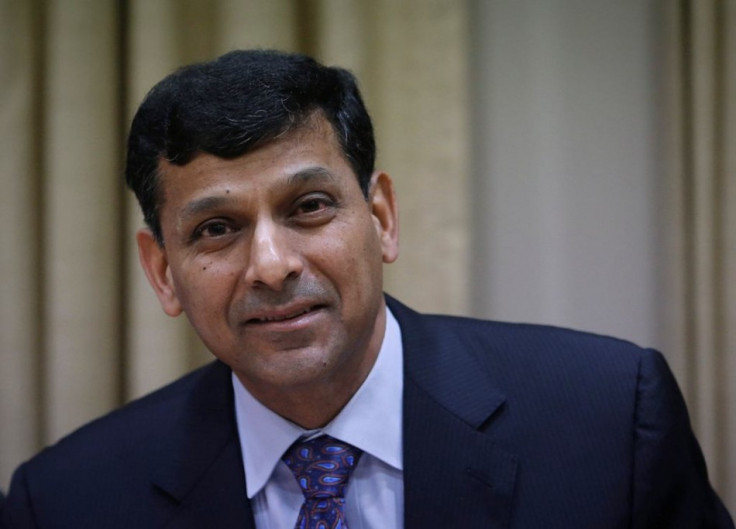India's Central Bank Chief Warns of Global Policy Breakdown as Emerging Markets Fall

Indian central bank governor Raghuram Rajan warned of a breakdown in global monetary policy coordination, as the probability of continued withdrawal of the US Federal Reserve's monetary stimulus posed a threat to emerging market economies.
Rajan, a former chief economist at the International Monetary Fund (IMF), called for greater cooperation among policy makers, weeks before finance chiefs from the group of 20 major economies meet in Sydney.
"International monetary cooperation has broken down," the Reserve Bank of India (RBI) governor told Bloomberg TV India on 30 January.
"Industrial countries have to play a part in restoring that, and they cannot at this point wash their hands off and say we will do what we need to, and you do the adjustment you need to."
"We need better cooperation and unfortunately that's not been forthcoming so far."
The Fed on 29 January trimmed its monthly bond buying stimulus by a further $10bn to $65bn, despite the turbulence in emerging markets.
The Fed decision was widely expected, although some market participants had speculated that the world's most powerful central bank could defer its plans owing to the turmoil overseas.
The Fed's move dragged down emerging market currencies. Central banks in Turkey, South Africa and India were compelled to raise benchmark interest rates to defend their currencies.
The RBI move was also aimed at curbing inflation in Asia's third-largest economy.
The Indian economy could log a 5% to 6% growth rate in the next financial year ending March 2015 if inflation slowed, the RBI said earlier in the week. GDP would expand "a little below" 5% in the year through 31 March, 2014, it said.
Concerns that foreign investors would exit developing economies as the Fed trims its bond buys, alongside fears related to slower growth in China, the world's second-largest economy, roiled markets from Brazil to South Africa over the past week.
Emerging market policy makers have maintained that the Fed's $85bn-a-month asset buying stimulus, which directed a massive flow of funds into their countries inflating dicey assets, could destabilise flows once the Fed began to withdraw that stimulus.
The Fed rolled out QE3 in late 2012 to counter the impact of the global financial crisis and boost the American economy.
© Copyright IBTimes 2024. All rights reserved.






